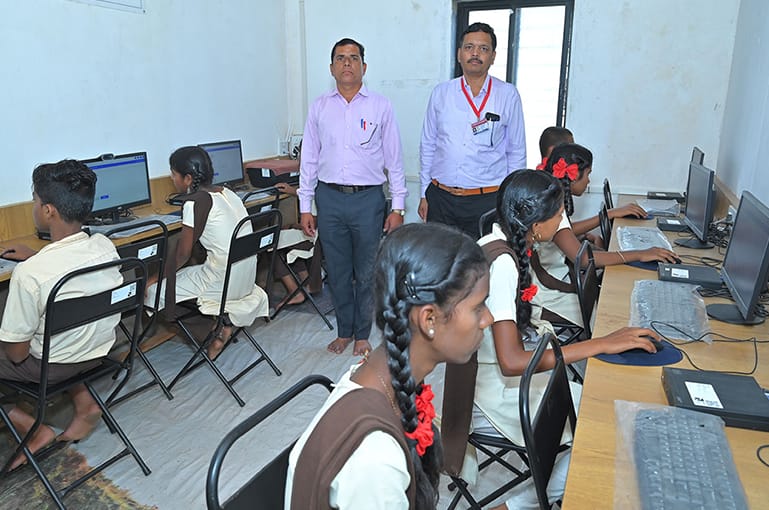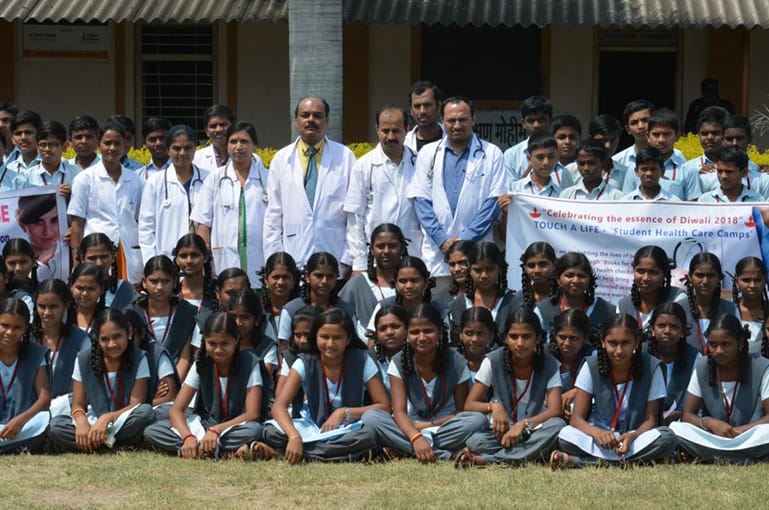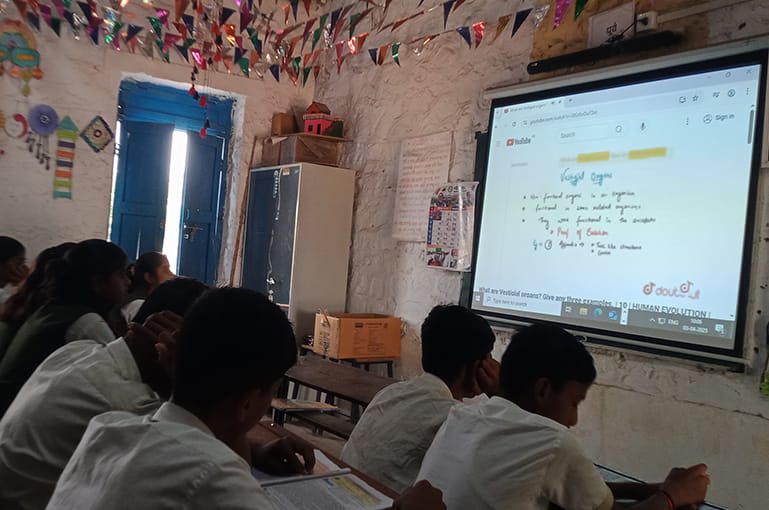
Is the Future of Education in India Truly Inclusive?
In recent years, non-profit initiatives have made significant strides in enrolling more children in schools, retaining them in the education system, and providing essential infrastructure and resources. This collective effort has fostered a greater certainty about the value of education, with parents and communities increasingly addressing their children’s educational aspirations.
In recent years, non-profit initiatives have made significant strides in enrolling more children in schools, retaining them in the education system, and providing essential infrastructure and resources. This collective effort has fostered a greater certainty about the value of education, with parents and communities increasingly addressing their children’s educational aspirations.
Technology-Enabled Education
While technology-enabled education promises to revolutionize learning, it also presents unique challenges in a socio-economic context like India’s. The lack of devices, connectivity issues, availability of local language interfaces, and teacher capacity require holistic solutions. Moreover, care must ensure the digital divide does not widen existing gaps.
Moving Beyond Rote Learning
Traditional rote methods of learning have often been criticized for failing to nurture critical thinking, application capabilities, and all-round development in students. This has led to a growing impetus to move beyond conventional teaching practices towards more interactive, immersive, and practical pedagogical styles.
Adapting Practical Learning
Learning through games, experiments, and projects is being integrated into syllabus and teaching practices from the primary level. Emphasis is also placed on linking real-world applications to subjects like math, science, and social sciences through case studies, lab visits, and more.

- E-learning Classrooms: Creating digital classrooms equipped with the latest technology to facilitate interactive learning.
- Digital E-learning Content: Providing high-quality digital content that is accessible and engaging for students.
- Science Lab Equipment: Supplying schools with modern science lab equipment to foster hands-on learning.
- Computer Training Labs: Establishing computer labs to ensure students are proficient in essential digital skills.
- Teacher Training Camps: Organizing camps to train teachers in modern pedagogical techniques and the use of technology in the classroom.
- Books for Change: Distributing books that promote critical thinking and creativity among students.
- Smart School: Road to Digitalisation: Transforming traditional schools into smart schools with advanced digital infrastructure.
- Student Health Care Camps: Conduct health camps to ensure the well-being of students, which is crucial for their academic success.
The Road Ahead

As we look to the future, we must continue to innovate and implement our educational practices to meet the evolving needs of our students. By leveraging technology and embracing new teaching methodologies, we can create an inclusive and equitable education system that empowers every child to reach their full potential.
